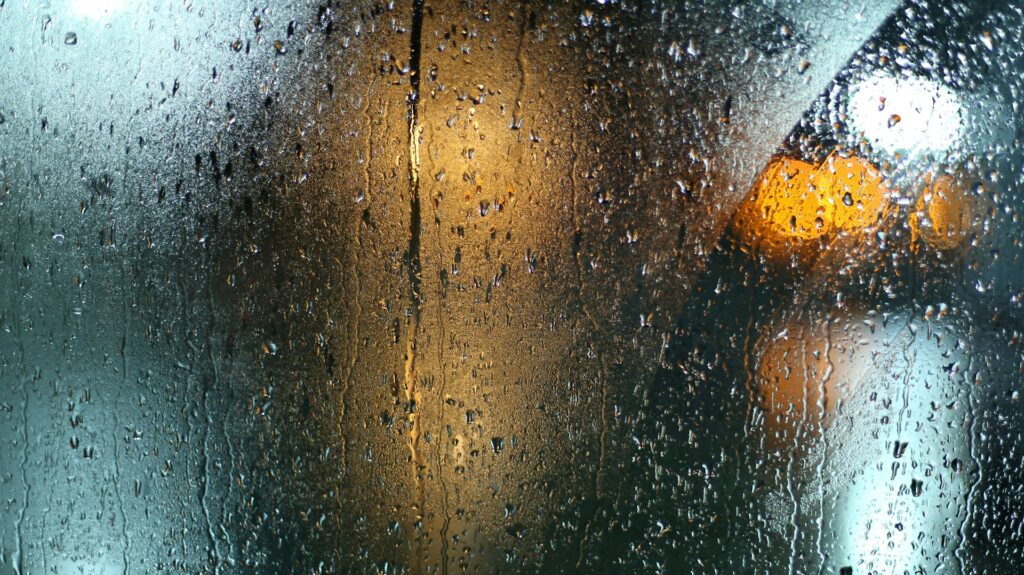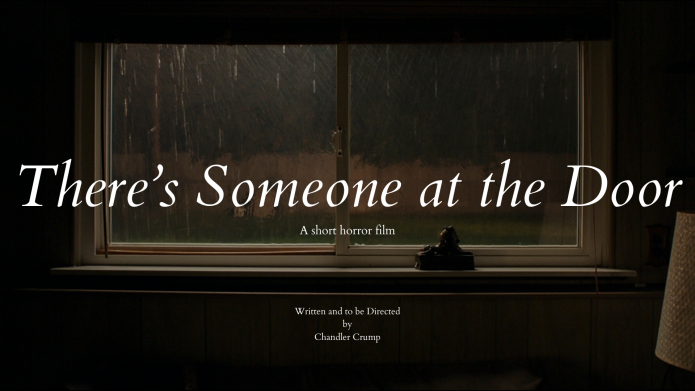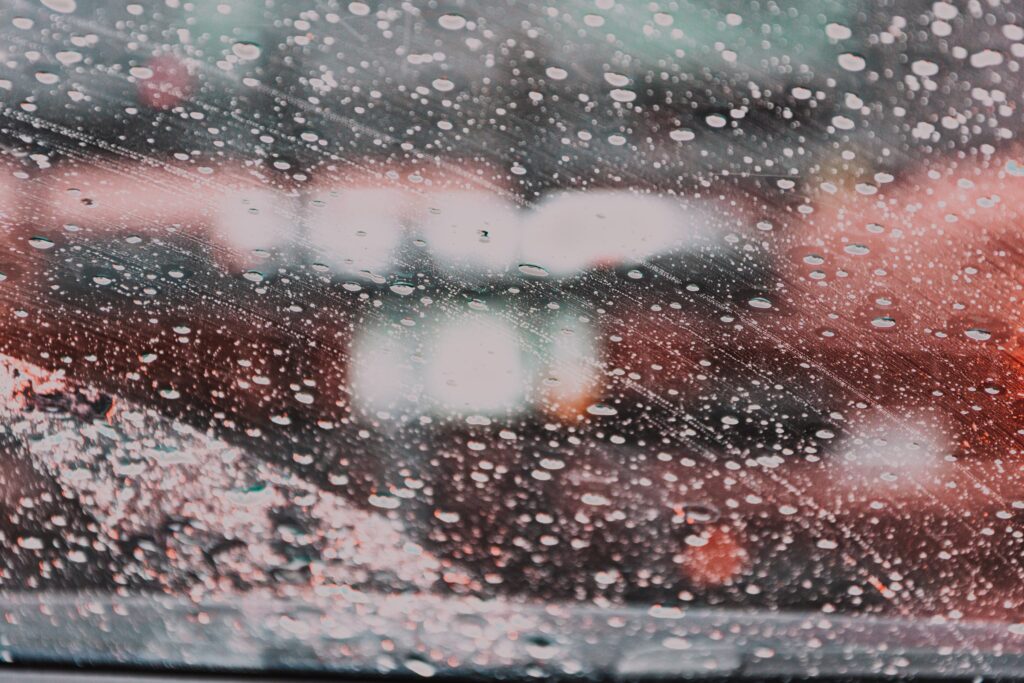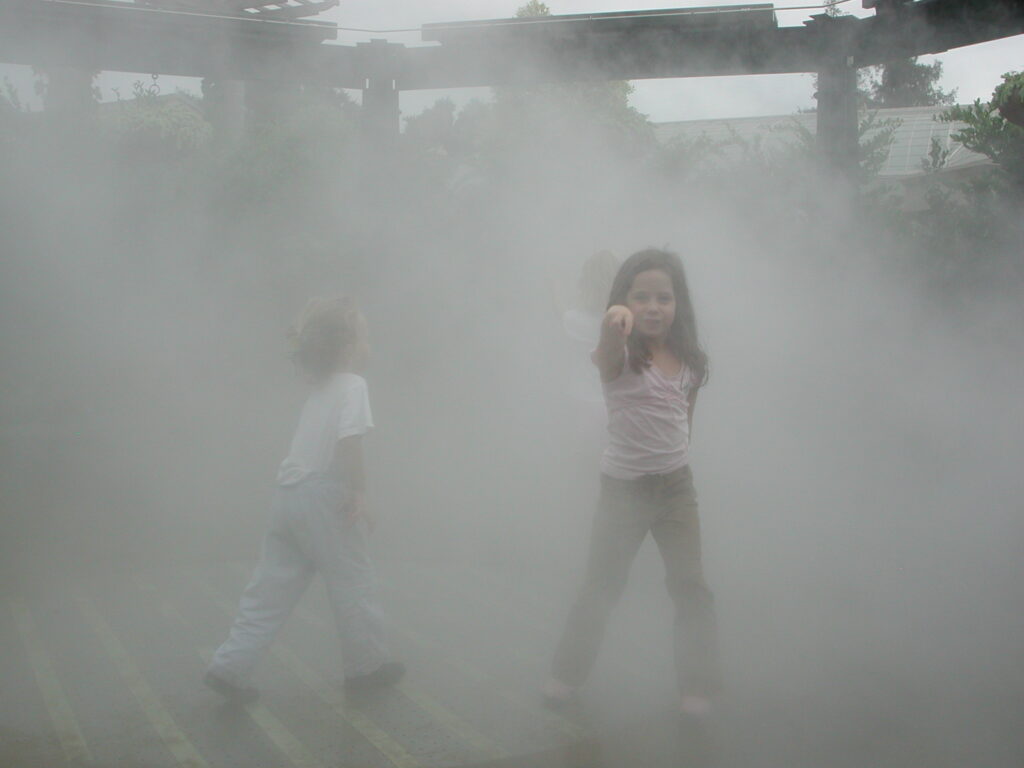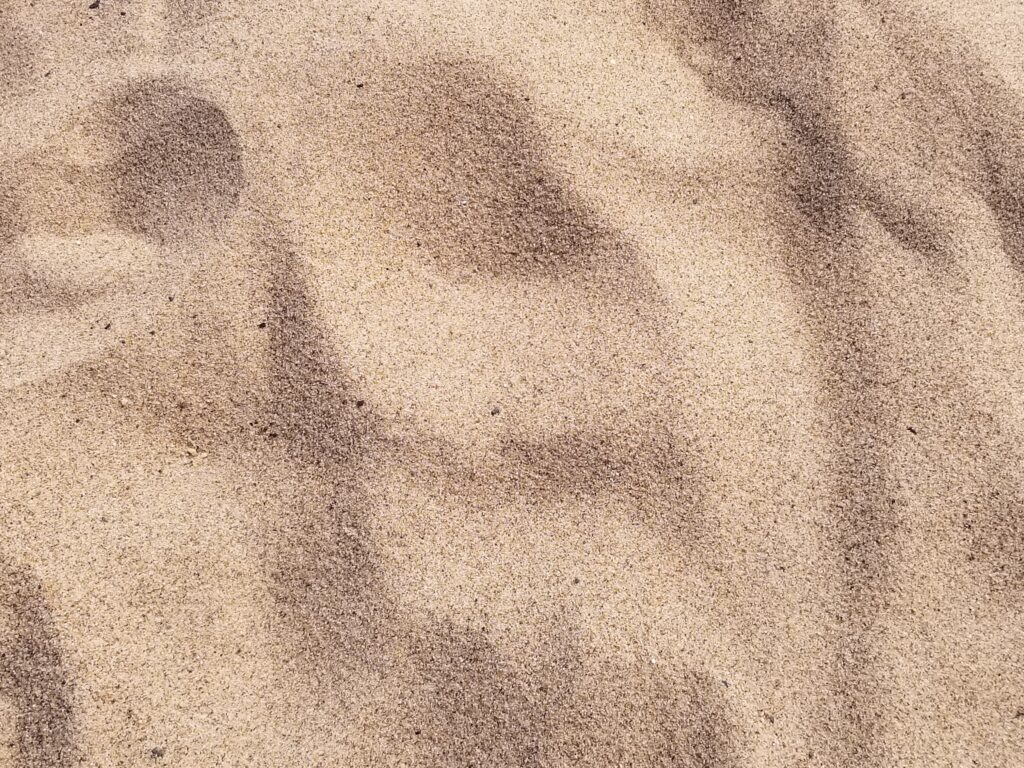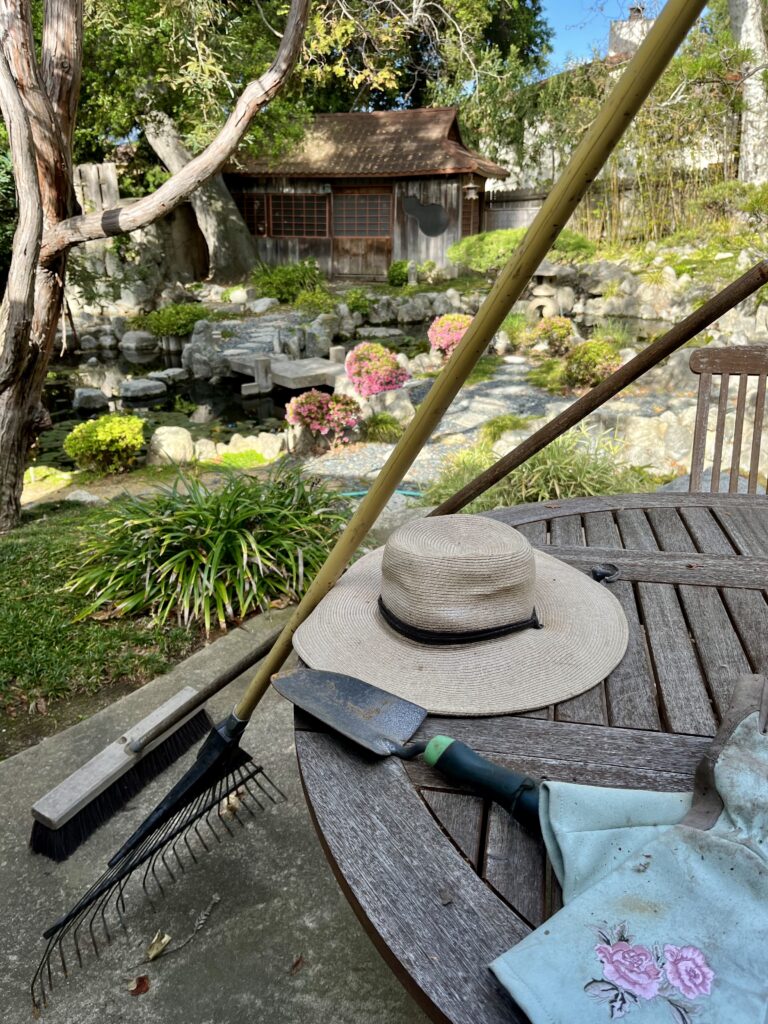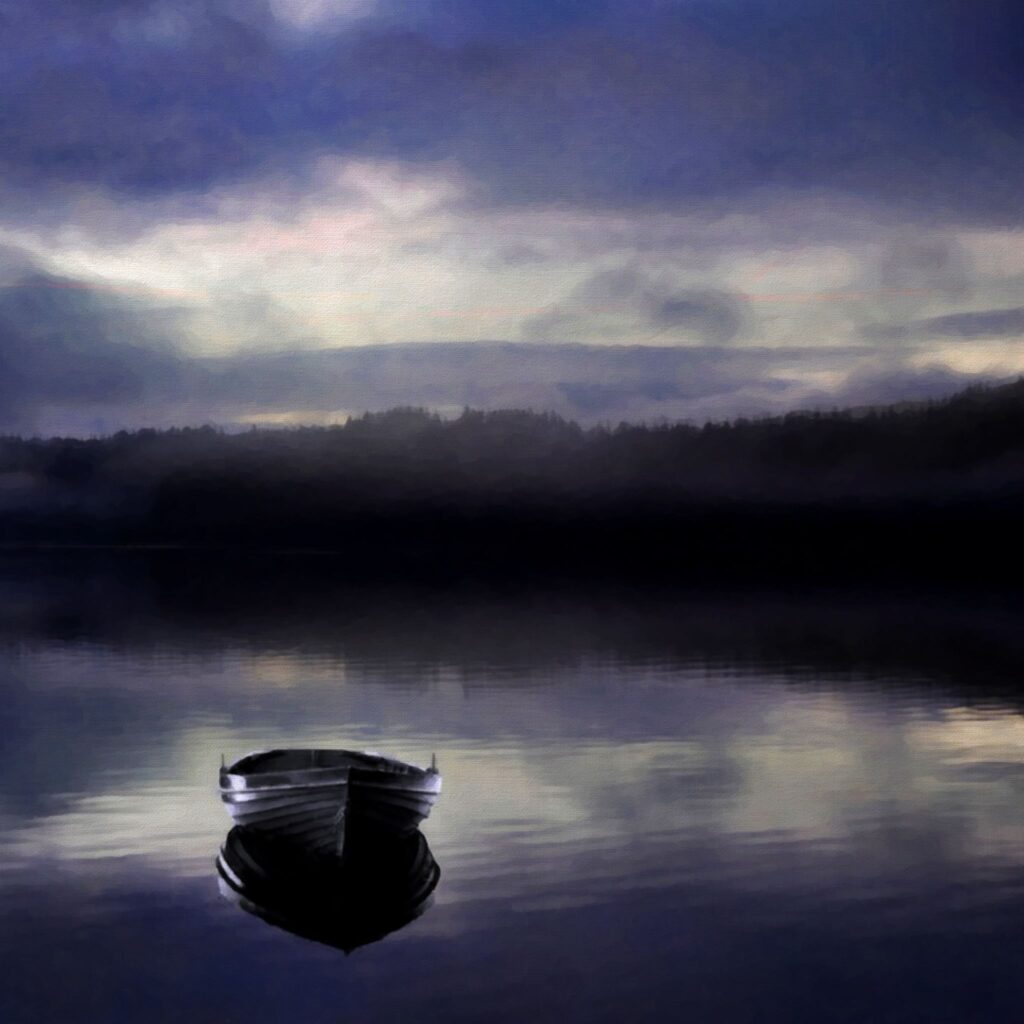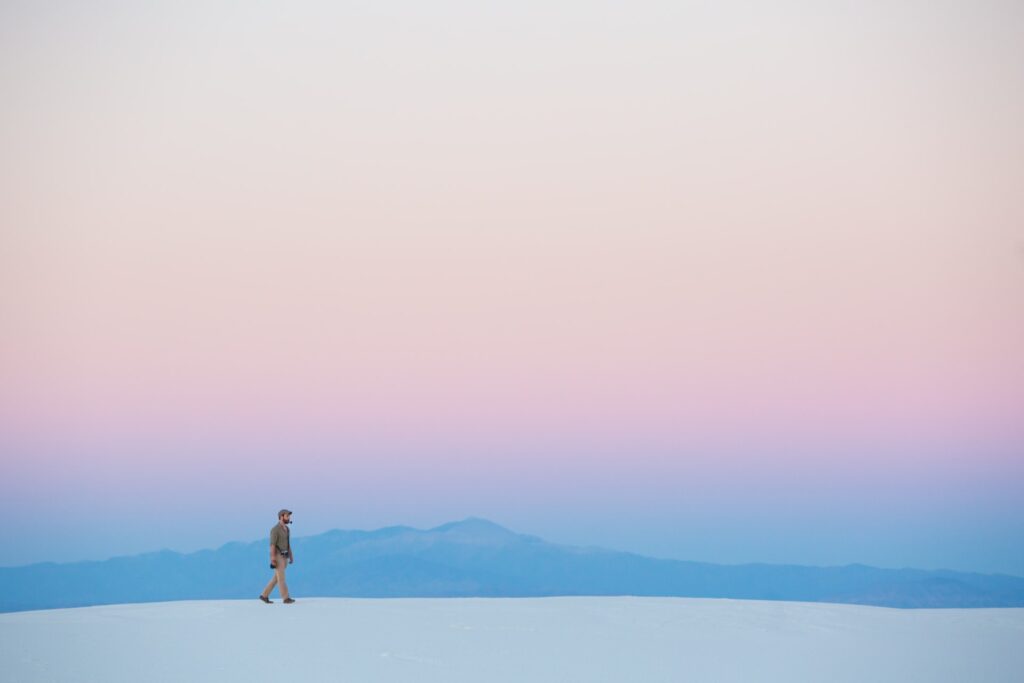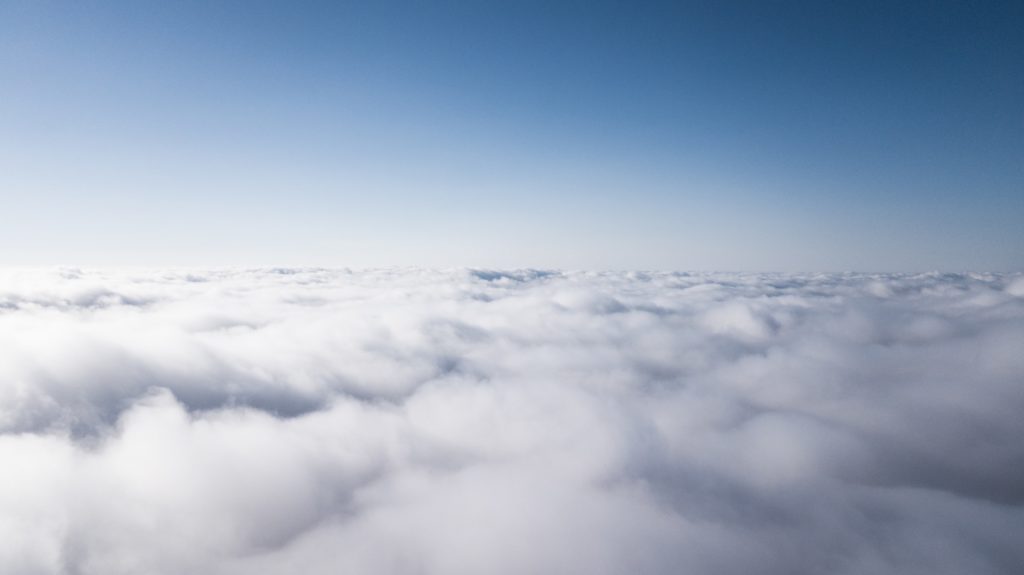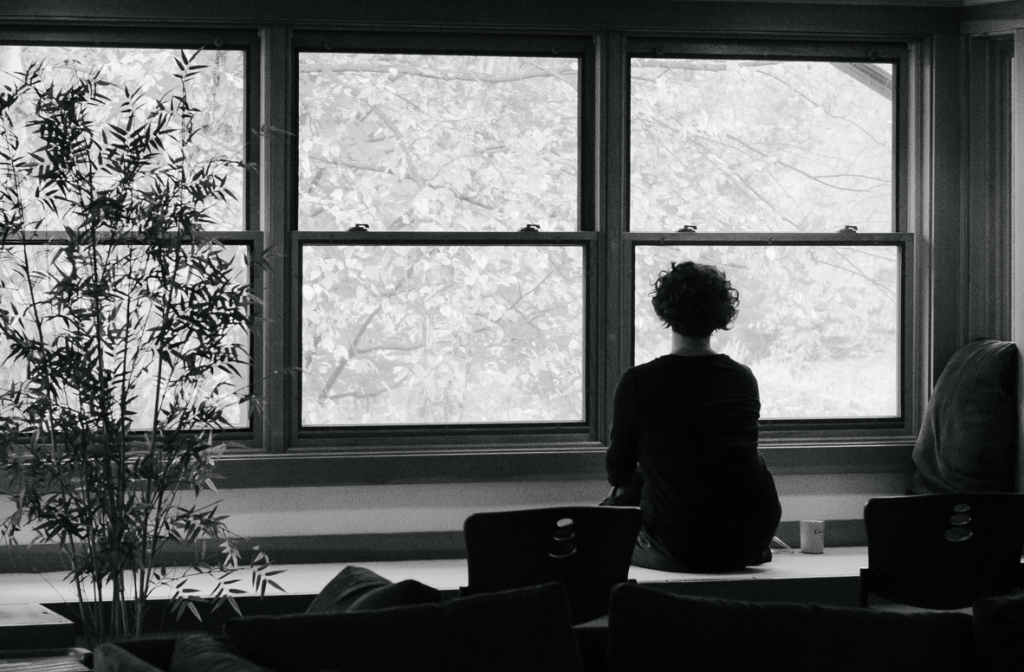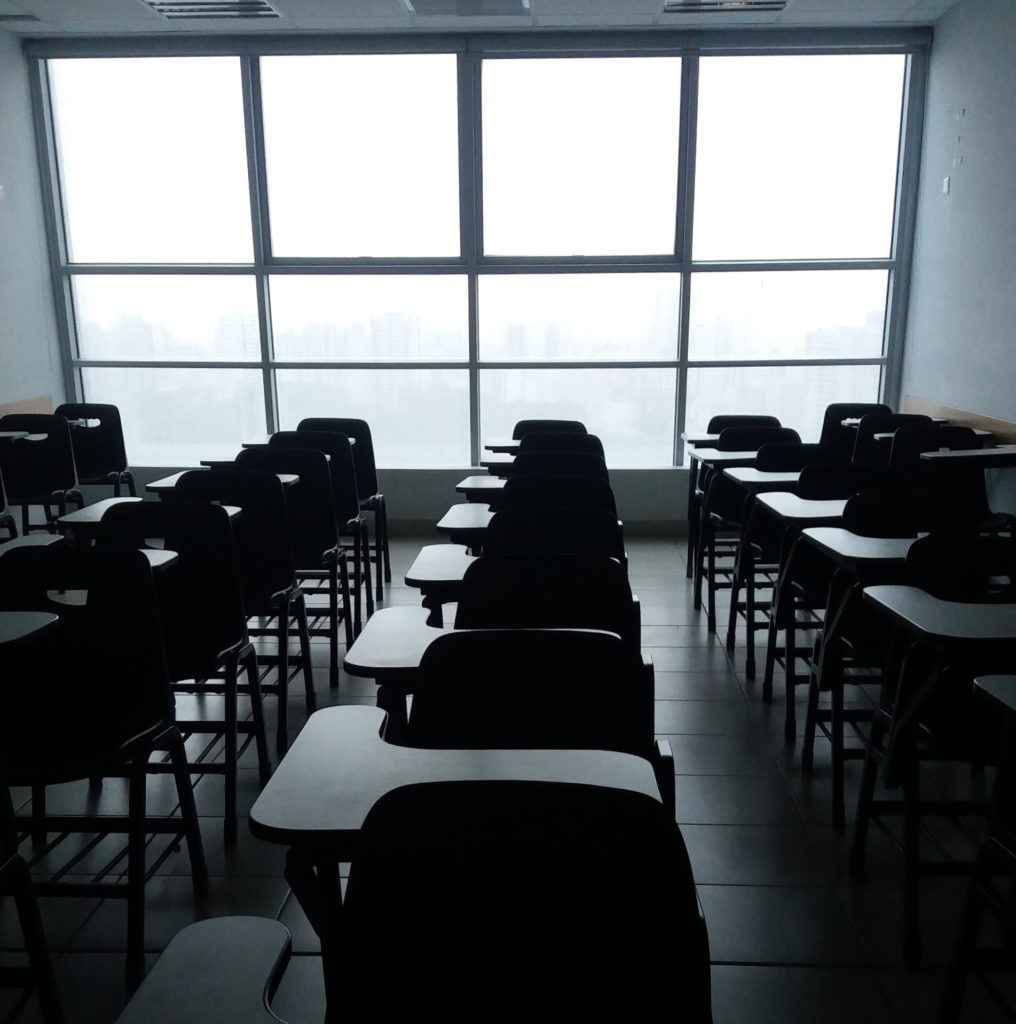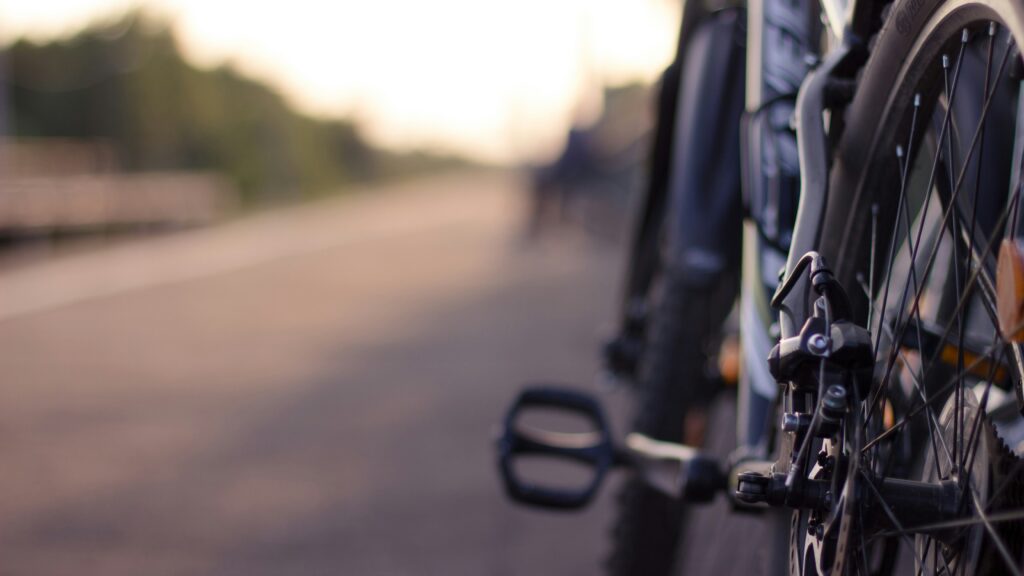
When I was 16, I got a chair for my birthday.
It was a little wicker chair from Pier 1. Nothing about it seems unusual to me now except that I asked for it. Who asks for a chair for their birthday? Perhaps I was trying to piece together a different kind of life than the one I had. My room was already too small for the furniture in it. You had to walk sideways to squeeze between the bed and bureau. Maybe I used that chair to hold clothes or homework. I can’t remember much about it, except that it was mine, and that mattered to me then.
I took the chair with me into all the places I lived over the next 20 years. As those places got bigger, I’d tuck it into a corner, a closet or a spare room. The kind of room you never walked into. Over time, the little chair became not so much a chair as a sentiment, a feeling about the past. I never sat in it at all.
At some point along the way, I needed to move out of a big place and into a smaller one, a really smaller one, not much bigger than my bedroom was when I was 16. It was time to let go of everything—furniture, dishes, clothes, yard tools, rugs, books, the assemblage of a lifetime—and I did, ending with a garage sale one Saturday morning when I put the little wicker chair out on the lawn. No one seemed to notice.
Almost everything was gone by the time a fellow rode up on a bike. He bought the chair, marked down from $10 to $5 to $3. Then he rode off one-handed on his bicycle, carrying the chair over his back.
I was so happy. I was happy for the man, who didn’t have much. But mostly, I was happy for the chair, because I knew someone would soon be sitting in it. It would be a chair again, and not just the memory of a chair.

